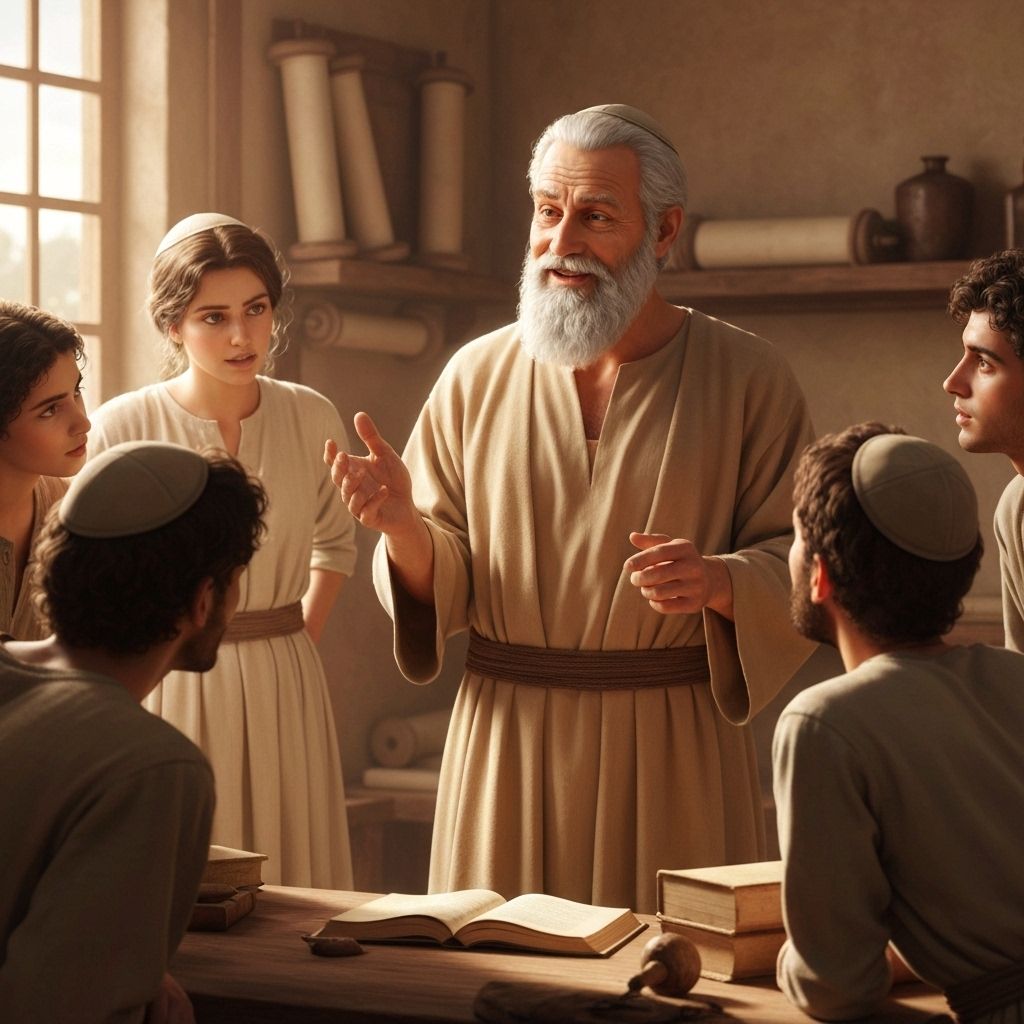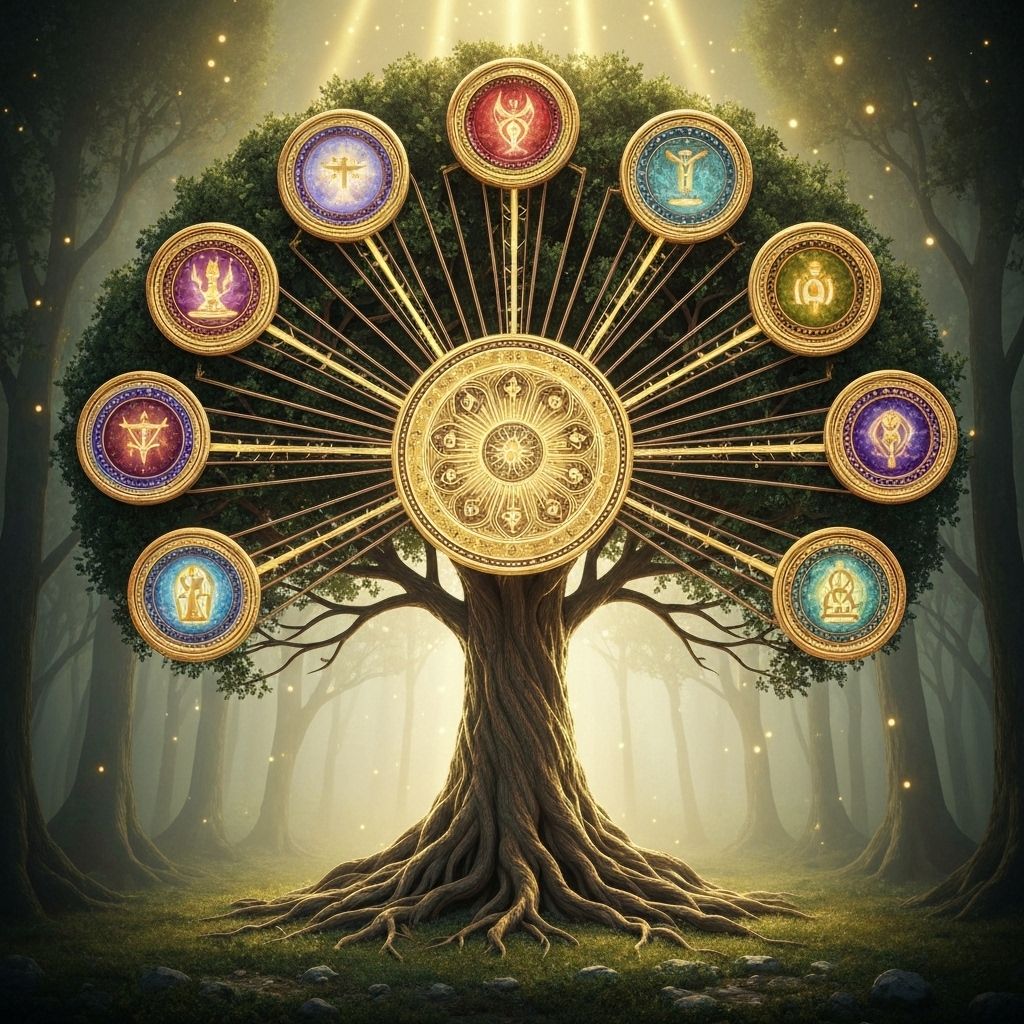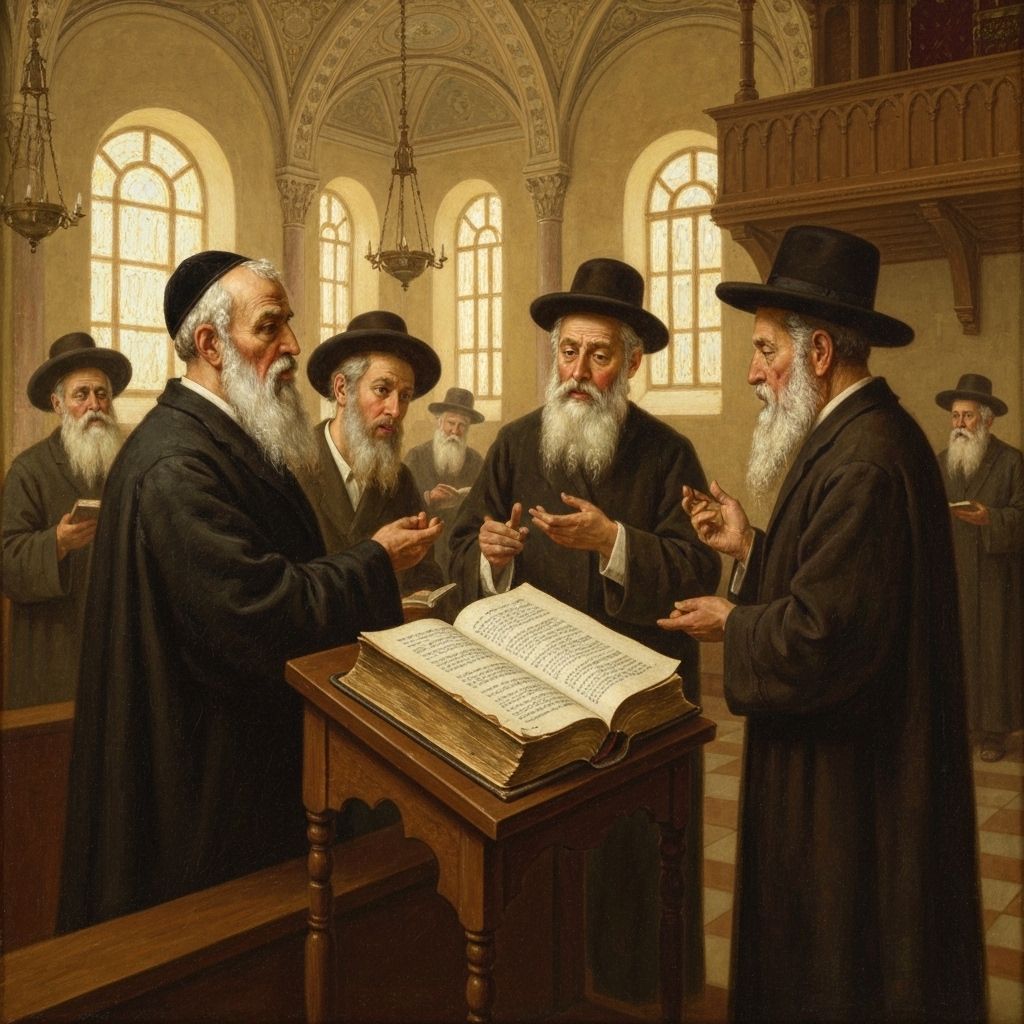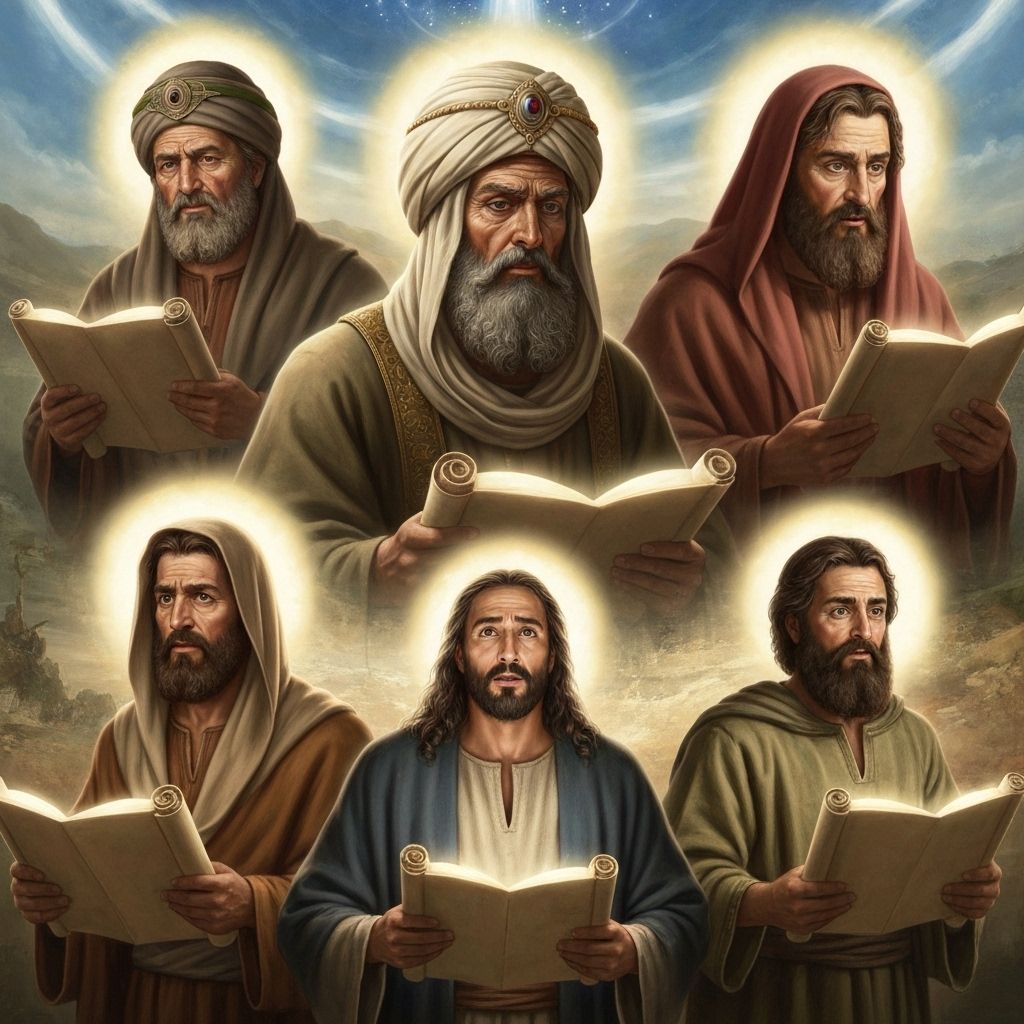3-Minute Summary
The Words of the Torah Explained with Help from Rashi and Ramban
Rashi (1040-1105) was a medieval French rabbi whose commentary on the Torah and Talmud is considered essential reading. His explanations focus on the plain meaning of the text and are known for their clarity and accessibility.
Ramban (1194-1270) was a Spanish rabbi, physician, and philosopher who provided deeper mystical and philosophical insights into the Torah, often building upon Rashi's work while adding his own profound interpretations.
Parsha Vayechi concludes the Book of Genesis and Jacob's life story. Despite his advanced age and the many trials he faced, Jacob demonstrates remarkable spiritual strength in his final moments. He gathers his sons to bless them, offering prophetic insights into each one's future character and destiny.
The parsha contains Jacob's famous blessings to each of his twelve sons, which form the basis for understanding the unique characteristics of each tribe. These blessings are not just predictions but also serve as guidance for how each tribe will contribute to the Jewish people throughout history.
Joseph plays a central role in this parsha, showing extraordinary maturity and compassion. After revealing his identity to his brothers, he immediately reassures them that he harbors no resentment, recognizing that God's providence was at work in his difficult journey.
The parsha emphasizes themes of forgiveness, reconciliation, and the importance of family unity. Joseph's ability to forgive his brothers becomes a model for interpersonal relationships and conflict resolution.








